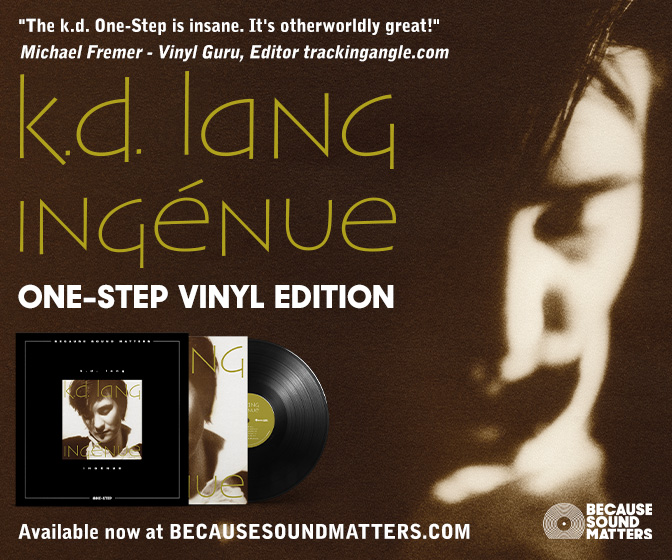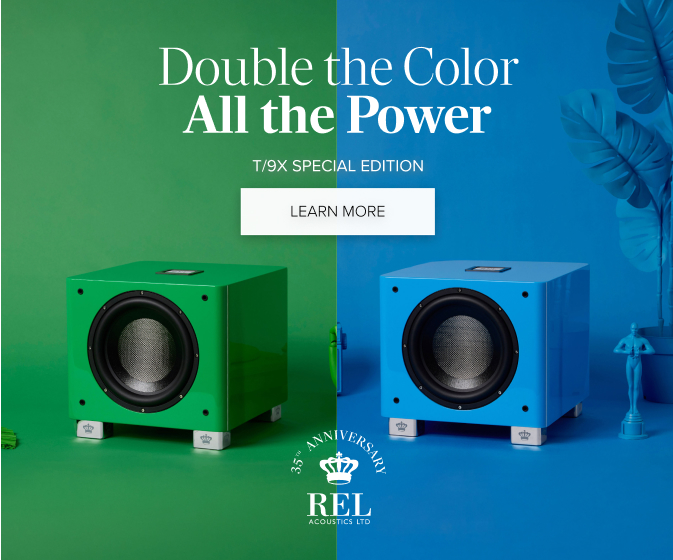Woody Shaw's Long-Lost Treasure
The trumpeter's 1970 debut 2-LP album gets a lively vinyl reissue
It's a mystery why Woody Shaw’s Blackstone Legacy is not a better-known album. Maybe it’s due to the timing. It was recorded in 1970 and released in ’71 (a commercial low point for jazz) on two LPs (it was hard enough to sell one), and Shaw himself was not a big name. This was his debut as a leader, though the young trumpeter—just 26 years old—had appeared on 20 albums as a sideman, to Larry Young, Hank Mobley, McCoy Tyner, Eric Dolphy, Andrew Hill, Chick Corea, and others.
Another possibility: the label, Contemporary Records, once frenetically active, had also gone moribund (it recorded just two other albums in 1970), and it promoted this one in misleading fashion, with Shaw quoted as dedicating it to “the freedom of Black people all over the world,” especially in the ghettos of America. By that measure, the music is pretty lame compared with the Art Ensemble of Chicago’s “Great Black Music” improvisations, Sun Ra’s Afro-Futurism, and other more radical, racially charged jazz of the time. Word also got around that Blackstone Legacy was Shaw’s answer to Miles Davis’ Bitches Brew, though this too was a strange claim, as there are no electric guitars here and only a little funk.
As far as genres go, this is, for the most part, straight-ahead post-bop, featuring a standard three-horn frontline, though with some distinct variations—George Cables playing electric piano (instead of acoustic) on a few tunes, Benny Maupin trading tenor sax for a very eerie bass clarinet, and two bass players on most tracks (Ron Carter and Clint Houston) to thicken the foundations from very different vantage points.
Shaw, who died in 1989 at age 44 (after leading on 34 more albums in less than 20 years), was a trumpeter who fused the most ebullient elements of his influences: the rapid fluency of Freddie Hubbard, the sharp phrasings of Lee Morgan, the warm tone of Clifford Brown. He was also a versatile composer: You can hear shards of Andrew Hill and Wayne Shorter in the upbeat title track, a carousing romanticism in “Boo-Ann’s Grand” (dedicated to his wife, Betty Ann), a dark Rothko-like abstraction in “A Deed for Dolphy.” My reference to Rothko isn’t casual. Shaw imbues his harmonies with richer, subtler colors than we usually hear in this format—dark colors but flush with a remarkable range of shades that, meshed together, glow.
George Cables is almost the co-leader, not just for the spice he adds to the electric piano but also as composer of two of its six songs, though on this score, the contribution is mixed. One of those pieces, “Think on Me,” is a gorgeous fast-sailboat breeze of a melody (it begins with a bassline right out of Herbie Hancock’s “Maiden Voyage,” though since Ron Carter played bass on both, plagiarism can’t be charged). The other, “New World,” is dreadful—drippy New Age meets soft soul. It’s also the album’s longest track, at 18:30, taking up all of Side 3. (It’s why I’m rating the album’s music 9 instead of 10.)
This reissue, part of Craft’s Jazz Dispensary Top Shelf Series, was mastered by Kevin Gray from the original analog tapes and pressed on 180-gram vinyl at RTI. Sonics are predictably excellent, with a couple of caveats. The session was recorded not by Roy DuNann (who had semi-retired at this point) at Contemporary’s usual studio in L.A., but rather by Don Hahn at A&R in New York. The results lack the stripped-down in-your-face immediacy that DuNann brought to the table. But Hahn was a highly skilled big-pop engineer. The drumkit has a slightly paper-y quality (the result, perhaps, of compression or multi-mike phase problems or both), but otherwise he captures the sound with a crisp, well-balanced, live, dynamic sheen.











































